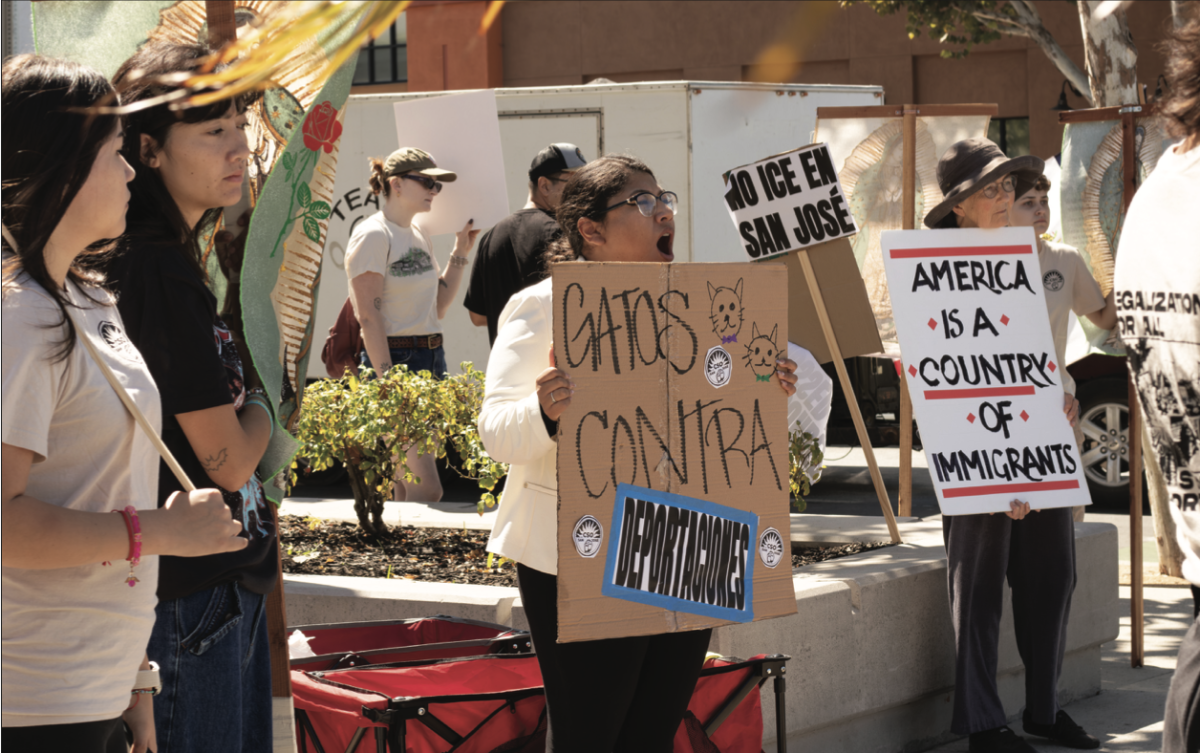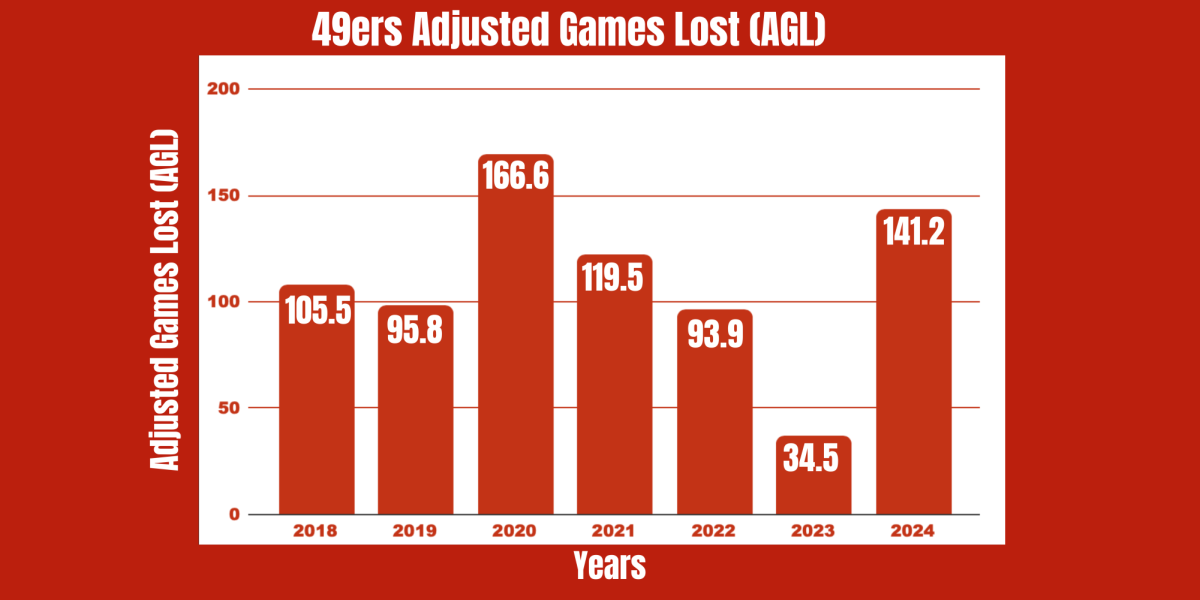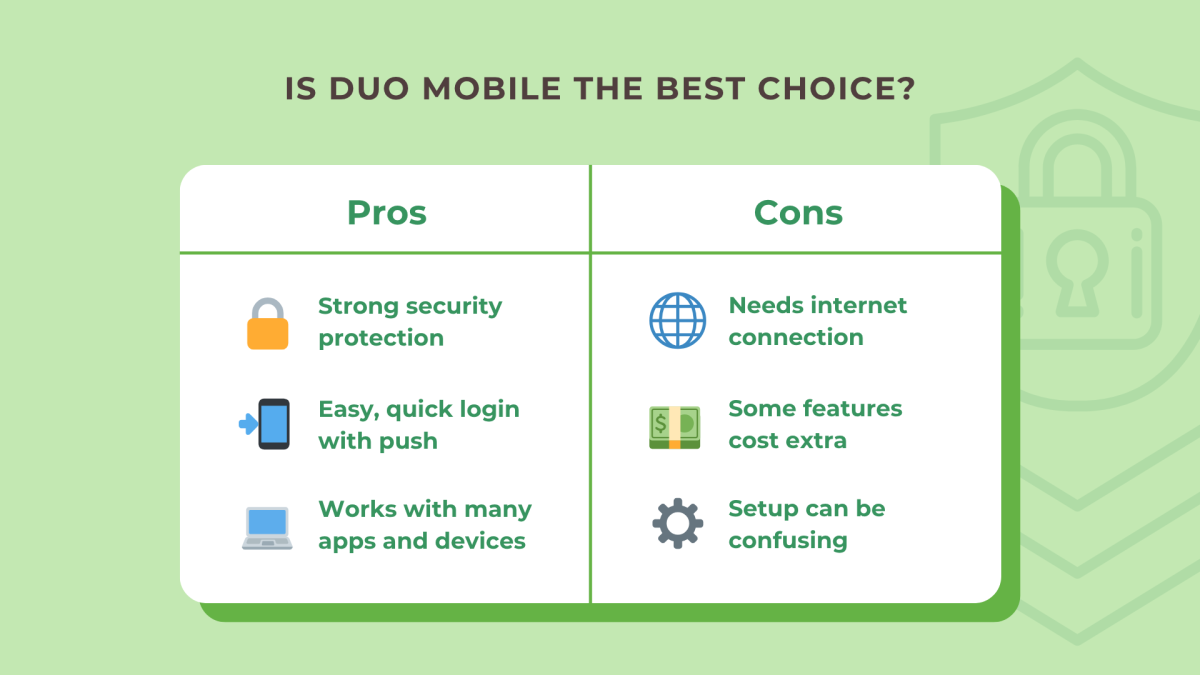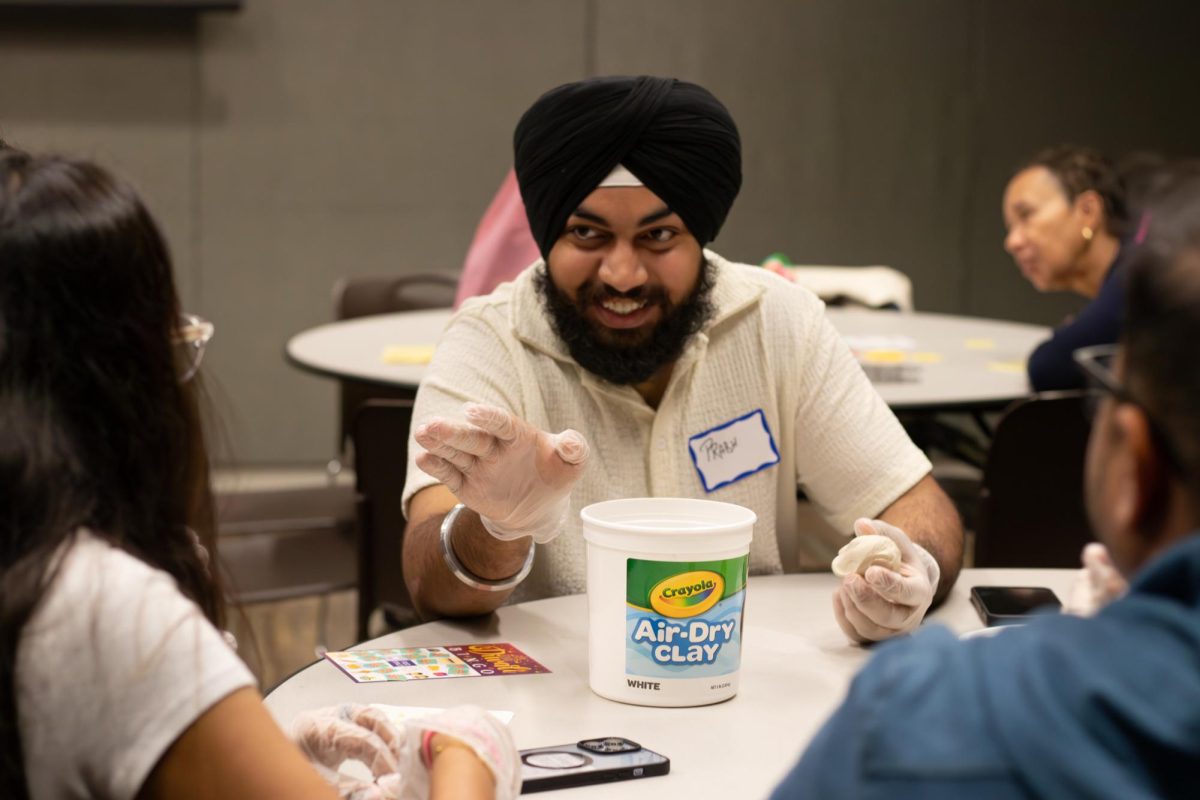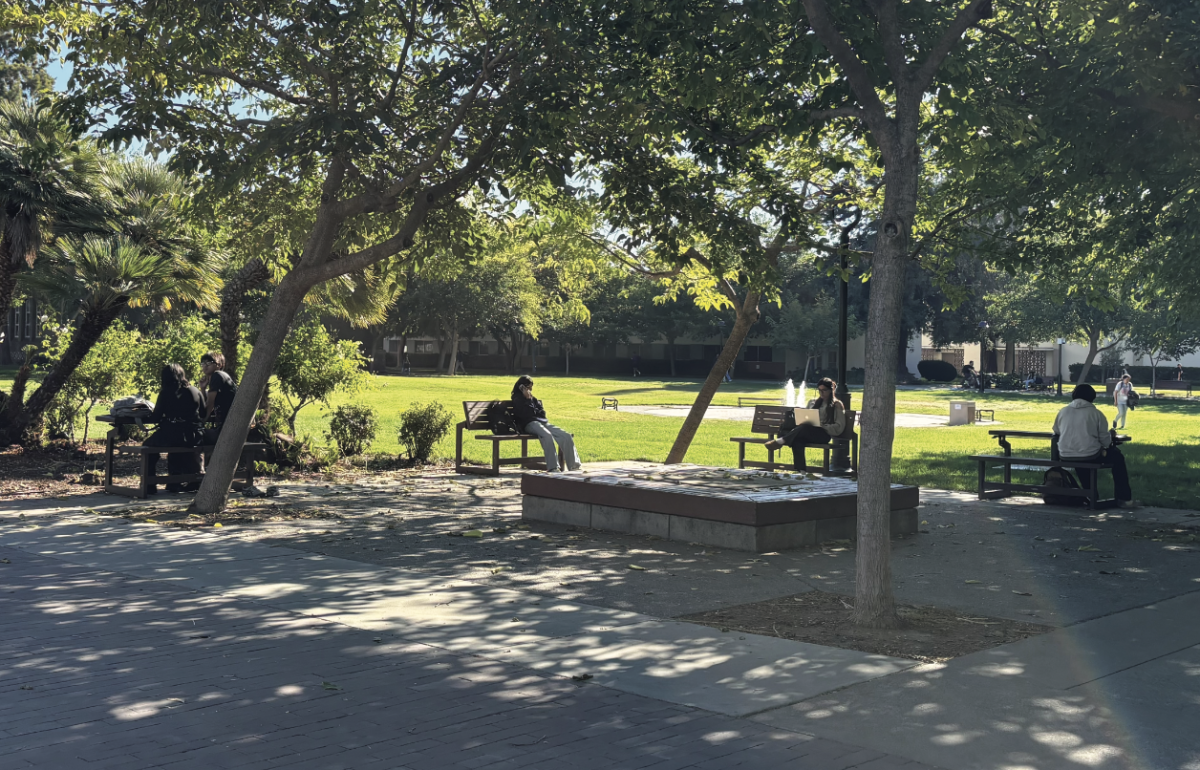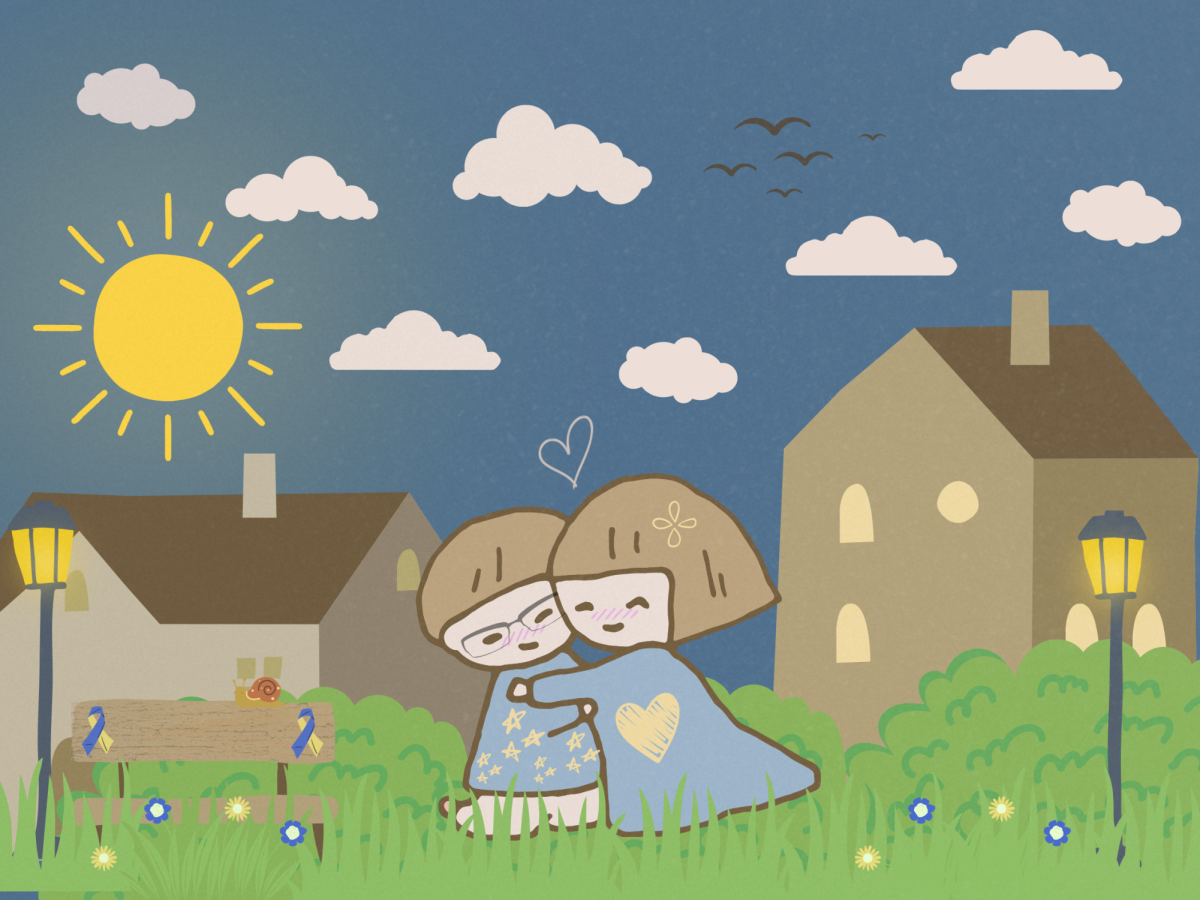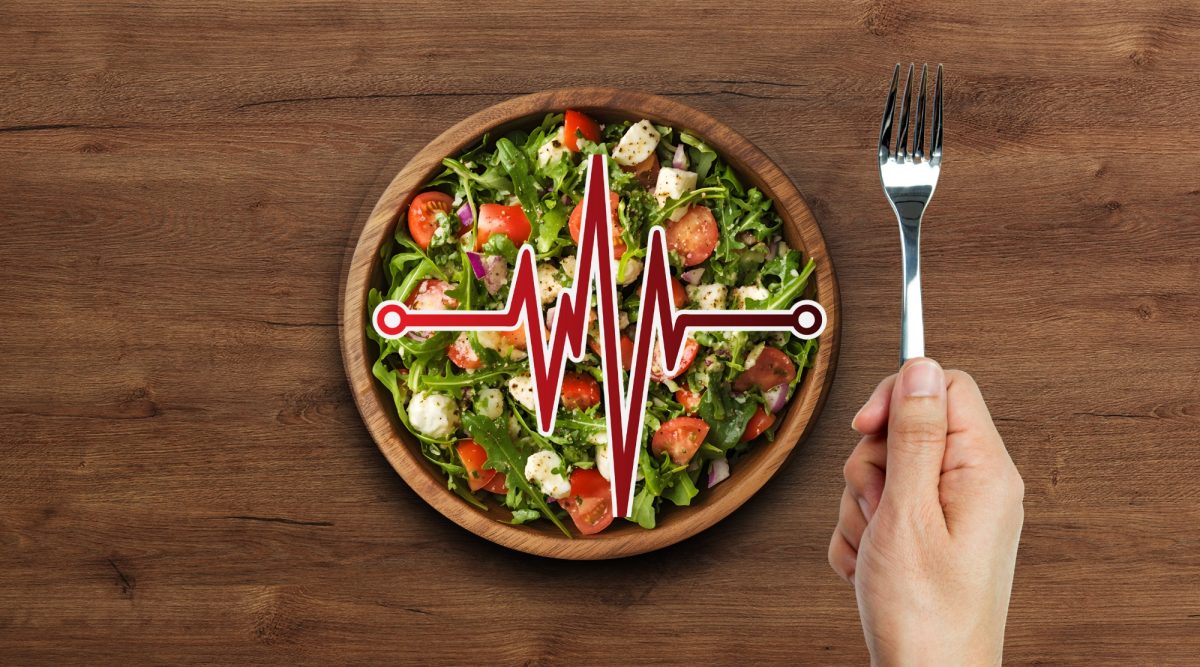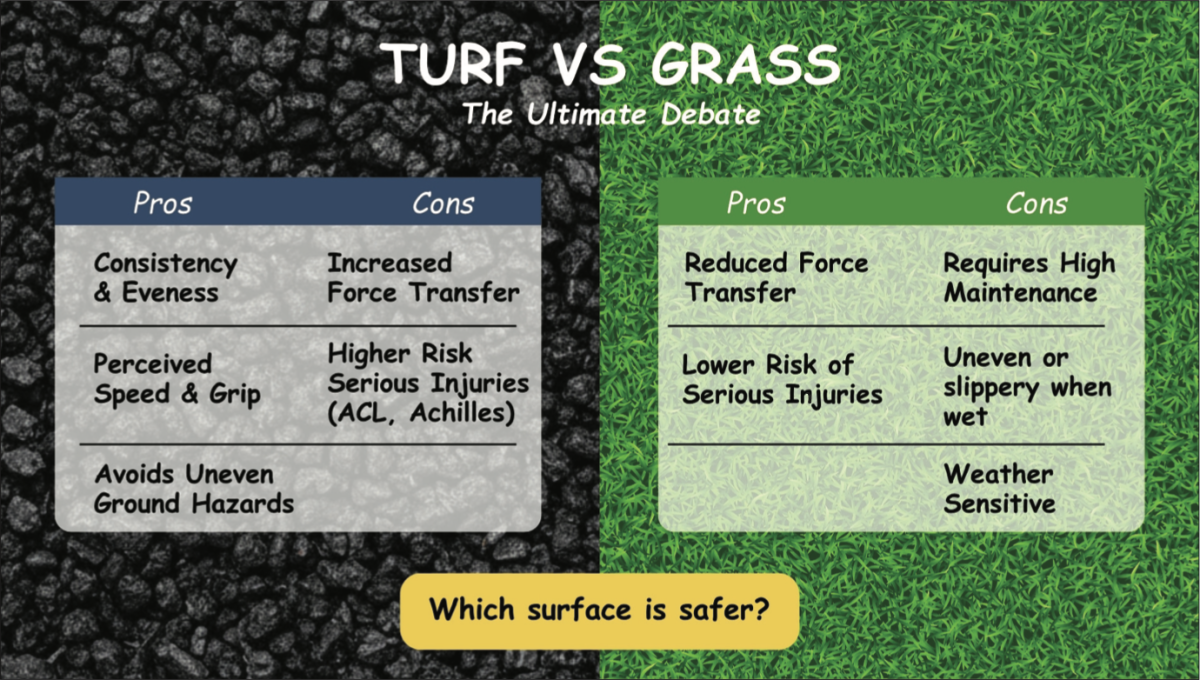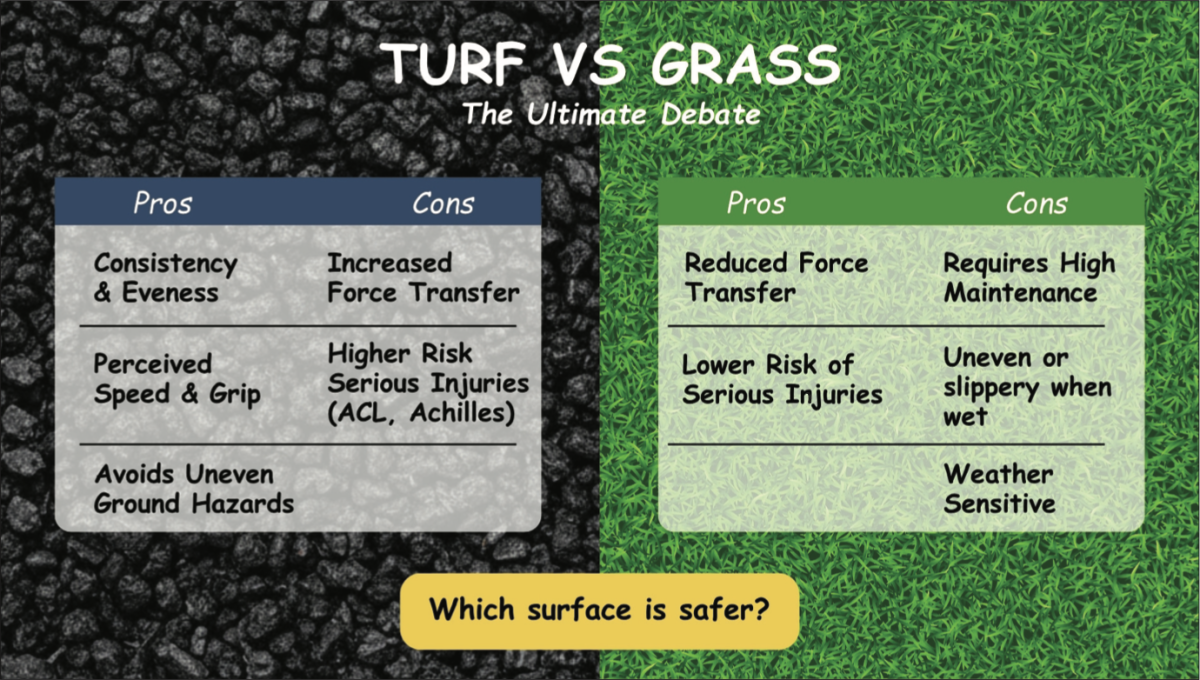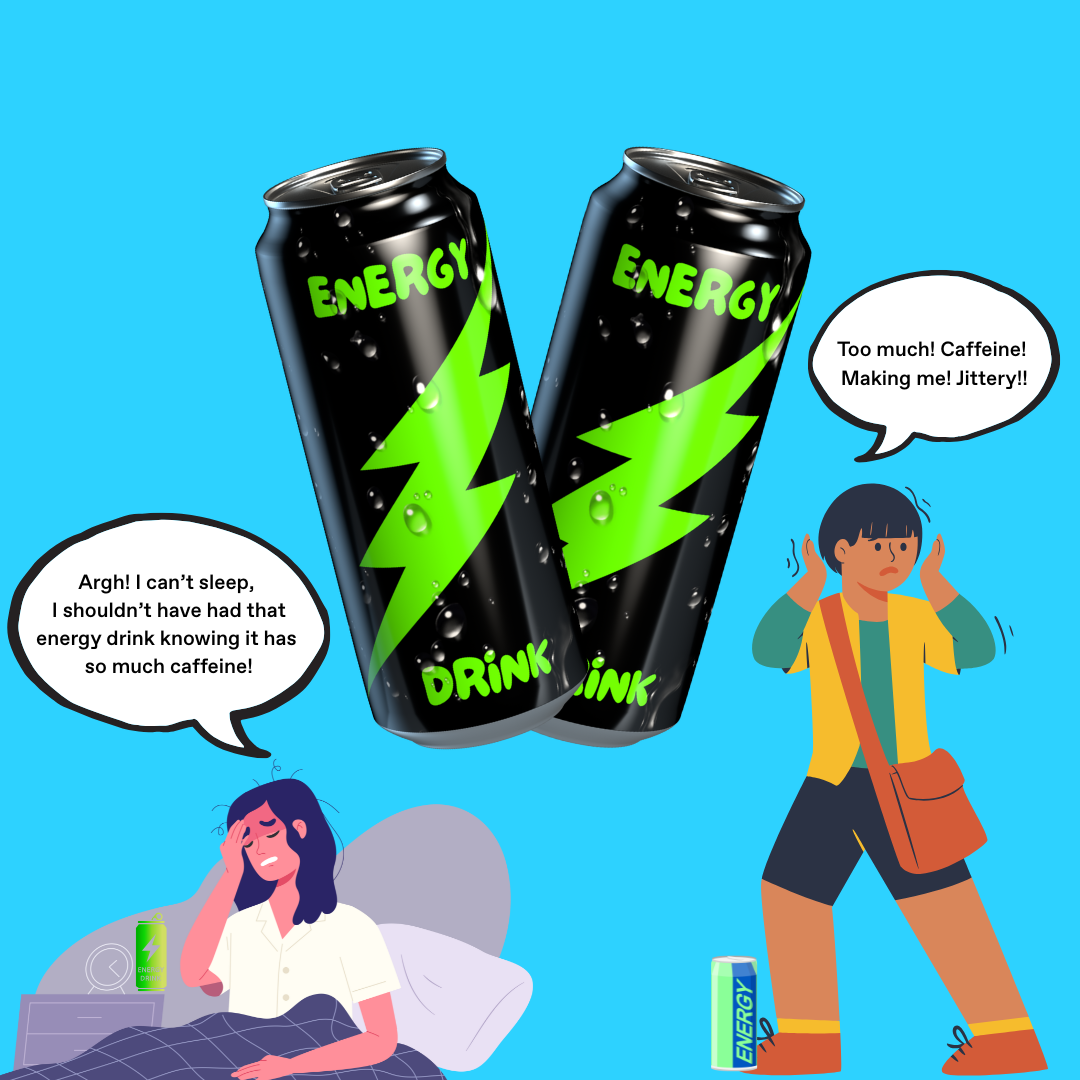Before anyone brought it to my attention, I never thought having a sibling with Down syndrome was anything out of the ordinary.
There was even a point growing up where I thought everyone had a sibling with Down syndrome.
However about 1 in every 640 babies in the United States is born with it, according to a Nov. 22, 2024 Centers for Disease Control and Prevention (CDC) webpage.
Down syndrome is caused by an extra copy of chromosome 21, resulting in distinct physical signs like almond-shaped eyes that slant upward and a flattened face, as well as mental and developmental challenges, according to a Dec. 26, 2024 CDC webpage.
My brother is two years older than I, so he has always been a part of my life and we are attached at the hip.
He has always acted as a typical older brother who is protective of me, yet loves to get on my nerves.
In many ways we’re your average brother and sister but the differences in my sibling experience have influenced the person I’ve become.
There are unique responsibilities that come with having a sibling with developmental disabilities.
Intellectual symptoms can range from mild to moderate.
People with mild symptoms can hold a job and take public transportation independently, while those on the moderate side of things need more support, according to a Boston Children’s Hospital webpage.
My brother can hold conversations –to an extent–, do basic math, and read basic words; however, he is more on the moderate side of the spectrum.
He cannot go places on his own, go shopping, or make himself food, and is reliant on being taken care of by our parents or me.
I’m sure the dynamic of the younger sibling helping take care of the older one seems abnormal to some, but for me, it’s the norm.
Because of him, I grew up with a deeper understanding of those who are deemed “different,” and I feel very passionate about advocating for the rights and respect of those with disabilities.
The term “glass child” has been on my mind, which is someone who has a sibling with a medical condition that requires more support, according to a June 30 Cleveland Clinic article.
This makes them want to be seen as the “easy” kid, knowing their parents already have enough on their plates.
I’ve put so much pressure on myself to be perfect and not to burden my family, because I know everyone is already going through a lot.
But there is no bitterness toward my family or brother, because his needing more help and attention is just how it has to be.
Even though my brother needs more help with many aspects of life, it’s obvious he hates being treated any differently.
Once somebody asked me how I could “mess” with my brother when he has special needs.
They implied it was cruel that we would playfully kick each other under the table and that I’d condescendingly laugh at him when he missed the ball during catch – just like he would to me.
Needless to say, this was offensive because I love my brother.
I help take care of him and look after him, but most importantly, I’m someone he can laugh with and not be treated differently.
How can someone who doesn’t have a sibling with Down syndrome and barely knows my brother, tell me what I should or shouldn’t do?
It’s offensive that people think I shouldn’t treat my brother like a normal person, and I have to coddle him when he hates being babied.
My brother knows he’s an adult, and treating him otherwise is as offensive to him as it would be to anyone else.
It can border on patronizing behavior, and it’s important to find a balance between helping him and treating him fairly.
Unsolicited and inappropriate offers of help towards someone with a disability are considered an interpersonal form of ableism, according to a 2020 article by the National Center for Biotechnology Information.
It typically stems from good intentions and protectiveness, but it offers the impression that they cannot think or do things themselves, and is a form of infantilization.
Yes, there are things my brother needs help with and it’s always important to be kind and patient, but the idea that he can’t participate in simple sibling banter is underestimating him.
I’ve seen ableist behavior from people around me, and so many people say the r-slur in front of me, then immediately go “sorry, Norah.”
The fact that people know they should apologize to me because of my brother shows that they know it’s wrong.
It’s really a testament to their character that they think it’s okay to say it as long as they aren’t around someone who is either disabled or close to someone who is.
He has his own unique personality – he acts like a grumpy old man, but can be a sweetheart who gives the best hugs (if you catch him on a good day).
He loves to watch the same movies over and over again, play baseball, laugh at people, and sing his heart out.
It’s been amazing watching how he has become more independent over time, but life obstacles have unexpectedly gotten in the way.
My brother was diagnosed with something called Down syndrome regression disorder (DRSD) a couple of years ago.
This is when a young person with Down syndrome suddenly loses their ability to take care of themselves or communicate, according to a Jan. 10, 2023 Children’s Hospital Los Angeles article.
Seemingly out of nowhere, the outgoing, talkative brother I always knew walked around like a zombie, like he was physically there, but mentally elsewhere.
He wouldn’t speak to anyone, know when to use the bathroom, eat properly, and has inexplicable bouts of intense sadness and anxiety.
It was hard watching my brother seemingly deteriorate. I’ve had to step in and help him more than usual because he’s lost certain abilities.
The disorder has only recently been recognized, and my brother is in a clinical trial for it, making a lot of the treatment trial and error.
It’s been hard acting as a caretaker and I’ll never hold it against him or my family, but the future is uncertain and terrifying.
My brother is reliant on those who take care of him, and as my parents get older, I think about how I will adapt in the future to make sure I can watch over him.
It’s also uncertain what other complications will come up, such as Alzheimer’s, which affects 50% or more of those with Down syndrome in their 60s, according to an Alzheimer’s Association webpage.
I don’t know what’s going to happen, and as I get older it gives me a lot of anxiety that many do not understand.
However, I’ve become a more compassionate and responsible person than I would have been without him in my life.
Despite all of the complications, I would not have it any other way. My brother is who he is, and he is amazing.

